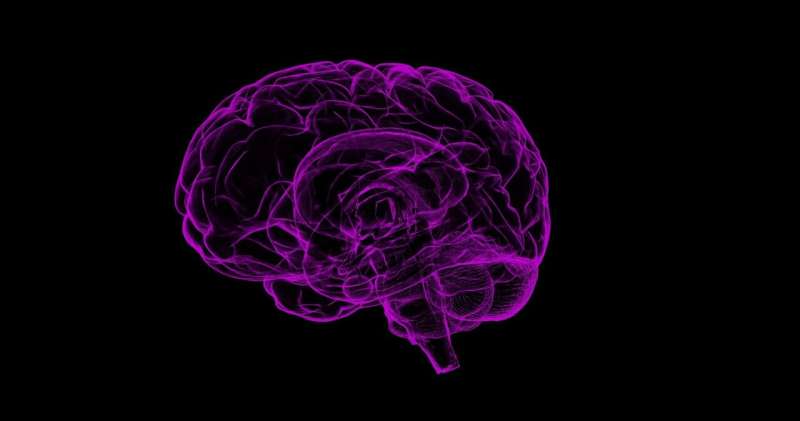Study Finds No Causal Link Between ADHD Medication and Psychosis

New research shows that stimulant medications for ADHD do not cause psychosis in children. The study highlights that previous links were confounded by shared risk factors, reaffirming the safety of these treatments.
Recent research indicates that stimulant medications used for treating Attention Deficit/Hyperactivity Disorder (ADHD) do not increase the risk of psychotic episodes in children. The comprehensive study analyzed the health records of nearly 8,400 children involved in an adolescent brain development project in the United States, recruited between 2016 and 2018. Of these children, just under 6% had been prescribed stimulant medications.
Initial results suggested that children on stimulants had a 46% increased risk of experiencing psychosis. However, further analysis revealed a bidirectional association: children who experienced psychotic episodes were also more likely to be prescribed stimulants later. When researchers adjusted for this reciprocal relationship, they found no significant evidence linking the use of ADHD medications to the development of psychosis.
The research, published in the journal a Pediatrics, led by Dr. Ian Kelleher from the University of Edinburgh, points out that earlier perceived links may have been confounded by shared risk factors. Children with more severe ADHD symptoms and additional mental health issues are both more likely to be prescribed stimulants and to experience psychotic symptoms. Therefore, the study concludes that stimulant medications are not causally related to psychosis, and the observed associations are likely due to underlying shared factors.
These findings reassure that ADHD stimulant treatments remain safe concerning psychotic risks, emphasizing the importance of considering the broader mental health context when evaluating these medications.
[Source: https://medicalxpress.com/news/2025-05-link-adhd-meds-psychosis.html]
Stay Updated with Mia's Feed
Get the latest health & wellness insights delivered straight to your inbox.
Related Articles
Key Metric Identified to Improve Focused Ultrasound Treatment for High-Grade Gliomas
New research identifies a vital acoustic emission dose metric that could improve the safety and effectiveness of focused ultrasound treatments for brain tumors, enabling better drug delivery through the blood-brain barrier.
Research Explores Why For-Profit Hospitals Have Poorer Patient and Nursing Outcomes
A recent study from the University of Pennsylvania explores why for-profit hospitals tend to have poorer patient safety and nursing care outcomes, emphasizing the importance of investment in nursing services for quality healthcare.
Innovative Ultraviolet Light Technology Enhances Protection for Older Australians Against Respiratory Infections
Innovative ultraviolet light technology has been proven to reduce respiratory infections in aged care facilities, offering a promising tool for enhancing protection for vulnerable older Australians against airborne viruses.
Understanding the True Significance of Morning Sickness During Pregnancy
Recent research reveals that morning sickness during pregnancy is a vital immune response that helps protect the fetus by promoting healthy immune regulation and encouraging protective behaviors in expectant mothers.



